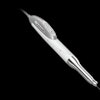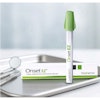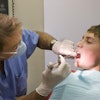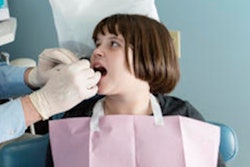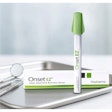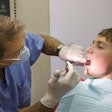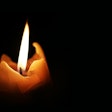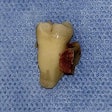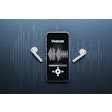The North Carolina State Board of Dental Examiners is planning changes to its rules on training, emergency response, and sedation following the deaths of two patients linked to conscious sedation.
The deaths have spurred the board to ask dental professionals and the public to speak out on possible changes to its rules and protocols for sedation and dentistry in general, according to a newsobserver.com story.
Last December, the board suspended the sedation permit of one dentist and revoked the license of another following the deaths of two patients who were deemed "not good candidates" for sedation.
The board suspended the sedation permit of Williamston dentist Zachary Harrison, DDS, after an investigation found that he "oversedated a patient who was not a good candidate for out-patient deep sedation, which resulted in the death of that patient." Dr. Harrison's patient died October 1, 2013; he reported the death to the board on October 4, the board said.
In September 2013, the board revoked the license of Toni Mascherin, DDS, who had a practice in Cary,. Dr. Mascherin's patient, Catherine Thoits, died in November 2012 from an overdose of Halcion while getting an extraction, according to the coroner's report.
Dr. Mascherin had improperly ignored the patient's history of sleep apnea and her fluctuating oxygen levels during the surgery, according to the board's investigation. And when Dr. Mascherin's assistant noted that the patient had turned blue and suggested calling paramedics, she rejected it, saying she wanted to finish the surgery, the board said.
Both Drs. Harrison and Mascherin had permits for conscious sedation dentistry.
The review of standards by board begins this month with public meetings. Topics up for review may include ways to better train North Carolina's dentists, methods for dentists to respond to emergencies, and ways dentists should select patients for various procedures.
Nationally, the December death of a 3-year-old girl in Hawaii who died after she was allegedly given too much anesthesia by an Oahu dentist has brought calls for changes to the practice of sedation dentistry. Doctors with advanced degrees in anesthesiology have advocated more training and education.
The number of North Carolina dentists with sedation permits, which allows them to administer general anesthesia and oral sedation, has grown from 11.7% in 2010 to 13.4% in 2013, the board said. Currently, 615 dentists of the state's 4,575 dentists have sedation permits.
The board added rules regarding sedation in 2002 and revised them in 2008. The rules require dentists to report any adverse occurrences involving sedation to the board.
